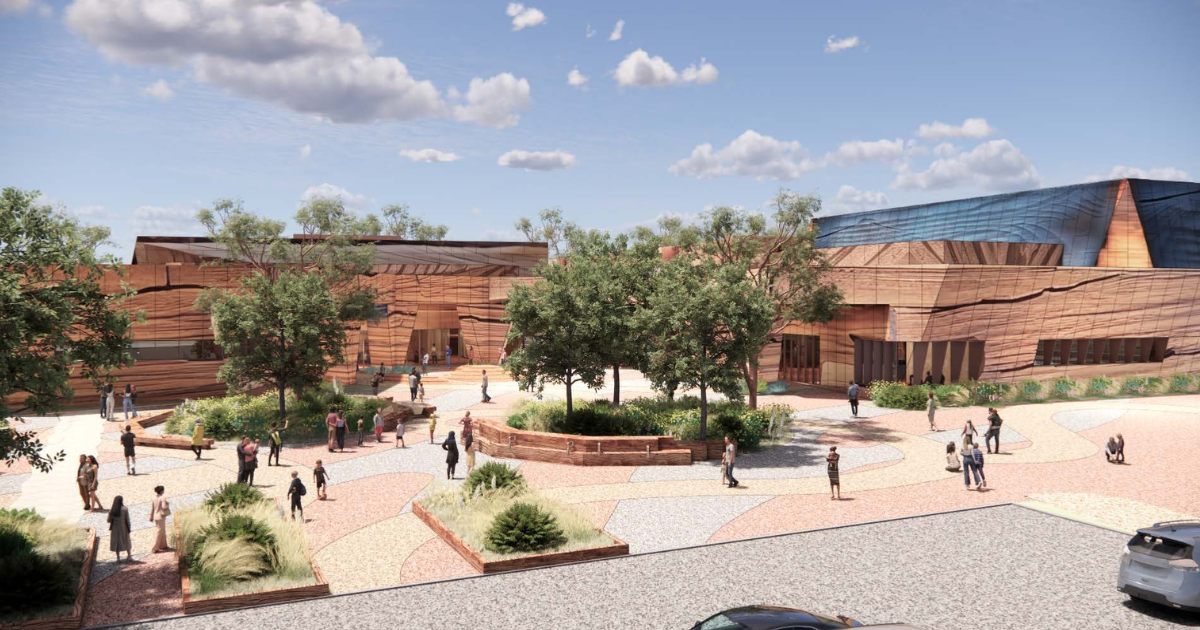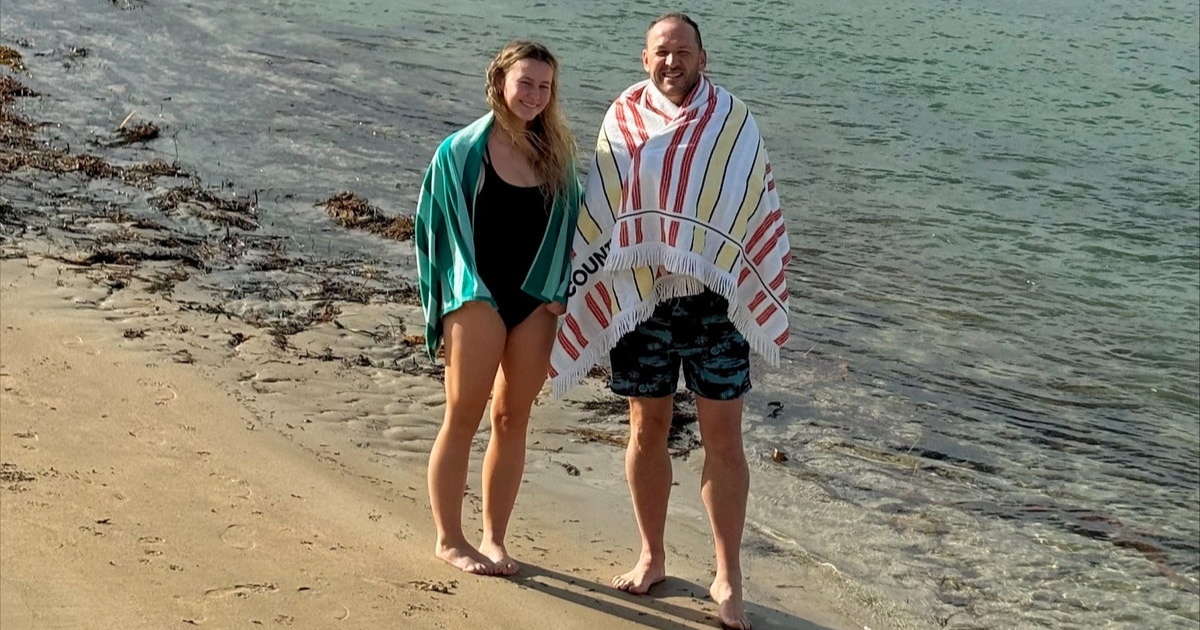Citizen scientists to lead regional litter count

CSIRO senior researcher TJ Lawson (left) accompanied by workshop participants at Cobradah Homestead in Bell Post Hill. Photo: VINNIE VAN OORSCHOT
PASSIONATE Geelong residents are now equipped to become part of the world’s largest pollution project as citizen scientists, setting in motion potential infrastructure change across the region.
A training day at Cobradah Homestead in Bell Post Hill hosted by the Bellarine Catchment Network (BCN) and the CSIRO last week has equipped local participants with the ability to adopt a data site and conduct quick and easy surveys as part of a data collection project running from April 18 to April 25.
The surveys will help CSIRO researchers understand how people and the environment move litter from land out into the sea.
“We have 18 sites across Geelong and the Bellarine spanning from Lara to Ocean Grove and this workshop allowed volunteers to become citizen scientists,” CSIRO senior researcher TJ Lawson said.
Organised by BCN’s Caring for our Bays program, data collected by residents will be collated later this month by CSIRO as part of the Greater Geelong Plastic Pollution Count.
The data obtained will be sent to City of Greater Geelong to assist with correcting city infrastructure, the first time council has joined the initiative in any capacity.
Volunteers at last Friday’s workshop learned the methodologies of recording data to the CSIRO’s database, learning about transects and identifying types of rubbish.
“It’s fantastic to see residents as enthusiastic about this project as I am, it’s why I love my job,” Lawson said.
“I love it when volunteers ask questions and want to make a difference.
“This project allows people to collect data that is actually going to be used in their local areas and feed up into a national dataset used by the CSIRO.”
Project facilitator for Caring for our Bays, Rebecca St Ledger, said the program has been refined as much as possible so anybody can participate.
“This data project could be for kids, students, retirees, sporting clubs or anyone in general,” Ms St Ledger said.
“The surveys should take half an hour to conduct and at any time over the week CSIRO will be collecting data.”
There is still time to be part of the survey. To find out more, email Ms St Ledger at [email protected] and the BCN can provide training on how to conduct an environmental survey.

















